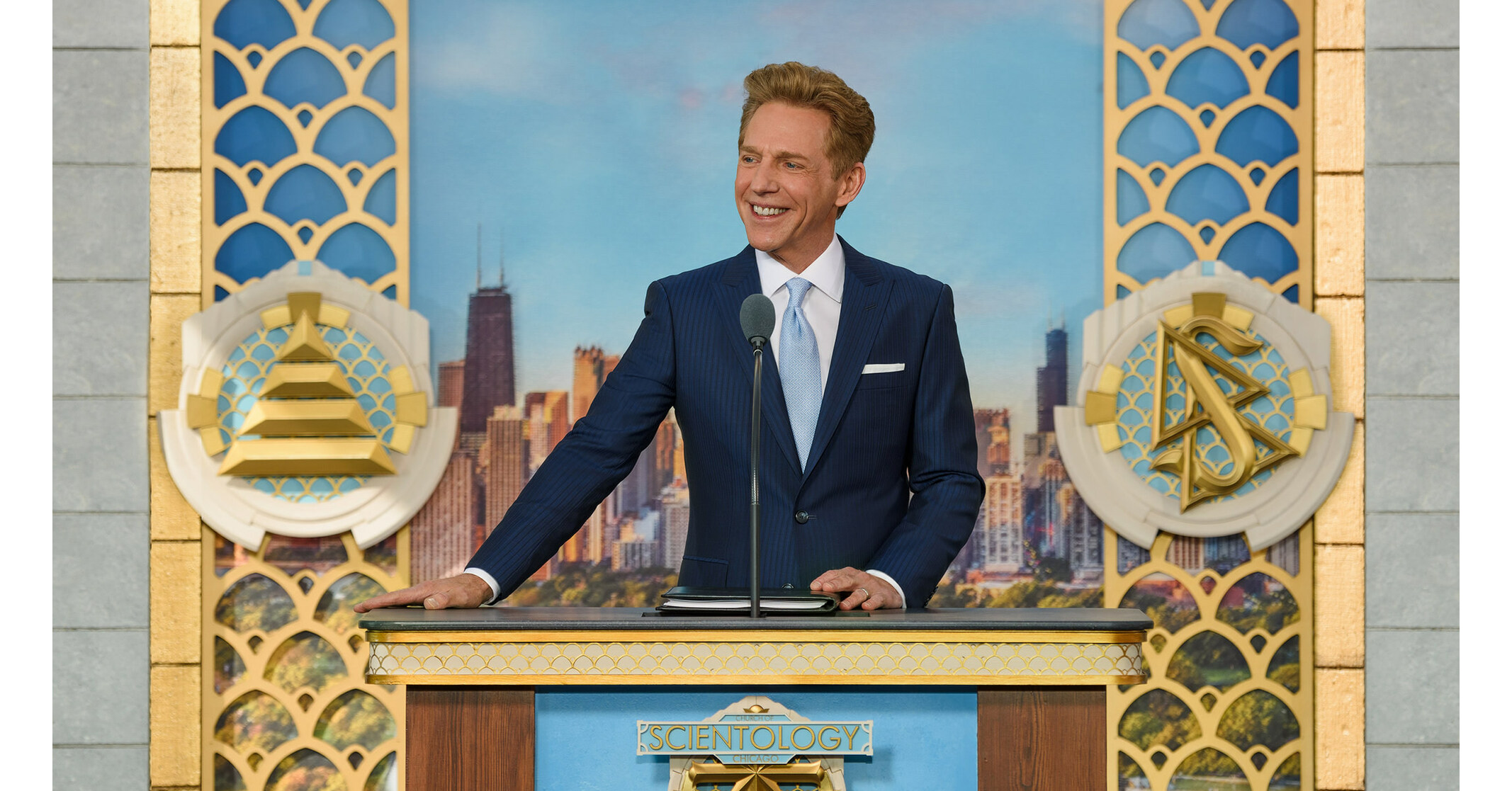Understanding Church of Scientology: Beginnings, Beliefs, and Practices Unveiled
Understanding Church of Scientology: Beginnings, Beliefs, and Practices Unveiled
Blog Article
The Fact Regarding the Church of Scientology Revealed
The Church of Scientology has long been a subject of both attraction and controversy, with its origins dating back to the mid-20th century. As we begin to decipher the fact about the Church of Scientology, a clearer photo emerges, revealing a story that is as intriguing as it is contentious.
Beginnings and Founding
The Church of Scientology was established in 1954 by sci-fi author L. Ron Hubbard. Hubbard originally developed a self-help system called Dianetics, which later progressed right into what is now called Scientology. The beginnings of Scientology trace back to Hubbard's discontentment with traditional psychotherapy techniques and his idea in the possibility for people to overcome past injuries and attain spiritual knowledge.
Hubbard's teachings centered around the idea of thetans, immortal souls present in all individuals, and the method of auditing, a form of counseling focused on revealing and attending to previous injuries (Scientology Johannesburg). These principles formed the foundation of Scientology, which Hubbard referred to as a religious beliefs that used a path to self-discovery and personal growth
The Church of Scientology rapidly acquired followers, with Hubbard establishing the very first official Church of Scientology in Los Angeles. Over the years, the organization expanded globally, attracting both devoted fans and doubters who increased concerns regarding its methods and beliefs. Despite controversies bordering its techniques and beginnings, Scientology proceeds to be a significant spiritual activity with an existence in different nations worldwide.

Ideas and Practices
With an emphasis on spiritual enlightenment and personal growth, Scientology's ideas and techniques focus on achieving and uncovering previous traumas self-discovery through the principle of thetans and the technique of bookkeeping. Thetans, according to Scientology doctrine, are never-ceasing souls that exist within each individual. These thetans have lived through countless previous lives and have actually built up negative experiences known as engrams that impede spiritual development. Via a process called auditing, Scientologists aim to address and remove these engrams to acquire a state of clear, cost-free from the adverse impacts of past injury.
Bookkeeping involves an one-on-one session between a qualified auditor and a Scientologist. Throughout these sessions, the auditor overviews the person via a collection of questions and workouts designed to assist them confront and solve their previous traumas. By doing so, Scientologists think they can achieve spiritual enlightenment, boost individual growth, and reach their complete potential as spiritual beings. The technique of auditing is central to the ideas and techniques of Scientology, highlighting self-discovery and the search of a greater state of existence.
Debates and Objections
Among public scrutiny and argument, the Church of Scientology has actually encountered a wide variety of criticisms and controversies concerning its techniques and influence on society. One substantial factor of contention rotates around the company's alleged financial methods, with allegations of expensive fees for services and hostile fundraising tactics - Church of Scientology. Doubters have actually likewise increased worries regarding the Church's rigorous hierarchical structure, which some former participants assert cultivates a society of control and manipulation
Furthermore, the Church of Scientology has gone through widespread criticism for its treatment of participants, consisting of accusations of forced labor, psychological abuse, and the technique of interference, where participants are motivated to sever ties with family and buddies essential of the Church. These techniques have Johannesburg North resulted in various legal obstacles and examinations in several nations, casting a darkness over the Church's credibility.
Furthermore, the Church's aggressive legal methods versus media and movie critics outlets have actually stimulated debates concerning freedom of expression and the limitations of religious security. These debates have significantly designed public perception of the Church of Scientology and remain to fuel ongoing discussions about its authenticity and effect on culture.
Leadership and Framework
Exactly how does the leadership framework of the Church of Scientology affect its operations and decision-making procedures? The Church of Scientology is known for its ordered management model, which is streamlined around the authority of its leader, currently David Miscavige.
At the neighborhood level, Scientology runs through private churches and goals, each with its own set of leaders liable for managing procedures within their respective areas. These leaders are charged with applying the directives set forth by the main leadership while likewise addressing the particular requirements of their members.
While this hierarchical structure can simplify procedures and make certain adherence to the church's doctrines, it has actually additionally encountered objection for potential misuses of power and absence of openness. Understanding the leadership and structure of the Church of Scientology is essential in understanding just how the company features and the characteristics at play within its rankings.
Influence and Impact
What substantial results does the management structure of the Church of Scientology have on its members and external stakeholders? The hierarchical leadership framework within the Church of Scientology applies an extensive influence on its participants and outside stakeholders.
On The Surface, the Church of Scientology's management framework can have a polarizing effect on stakeholders. In general, the leadership framework of the Church of Scientology plays a considerable role in forming the experiences and understandings of both members and outside stakeholders.
Conclusion

The Church of Scientology quickly got followers, with Hubbard establishing the initial official Church of Scientology in Los Angeles.In the middle of public scrutiny and debate, the Church of Scientology has actually faced a multitude of conflicts and criticisms regarding its methods and influence on culture.What substantial results does the management framework of the Church of Scientology have on its members and outside stakeholders? The ordered management framework within the Church of Scientology exerts an extensive impact on its participants and external stakeholders. Generally, the management structure of the Church of Scientology plays a considerable duty in shaping the experiences and assumptions of both participants and external stakeholders.
Report this page